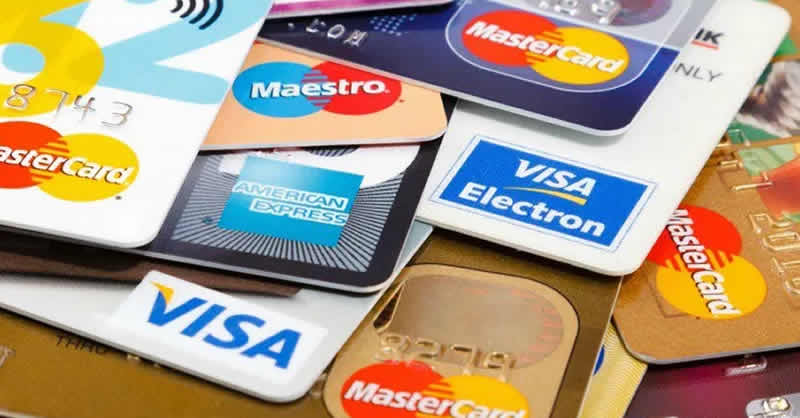Several Nigerian Deposit Money Banks (DMBs) have reinstated the use of naira debit cards for international transactions, offering fresh relief to millions of Nigerians who rely on the service for travel, shopping, subscriptions, and payments abroad.
Banks including Providus Bank, First Bank, Guaranty Trust Bank (GTBank), United Bank for Africa (UBA), and Wema Bank have now announced updated overseas spending limits on naira cards.
GTBank, for example, has set a quarterly international spending limit of $1,000 for naira card users allowing ATM withdrawals abroad of up to $500 and online/POS transactions of up to $1,000 every three months.
First Bank fixed its international usage limit at $500 per month. Cardholders can make up to 10 ATM withdrawals abroad monthly (with a N5,000 charge per withdrawal) and up to 20 transactions each on POS and online platforms at no extra cost.
Providus Bank shared that it has raised its international spending limit for its Platinum Naira Card, particularly for the summer, though exact figures were not disclosed.
Wema Bank has also resumed overseas spending with a $500 monthly limit for customers using Wema Mastercard, ALAT Mastercard, or Visa cards.
According to the 9am News report, this policy reversal comes amid encouraging signs that Nigeria’s foreign exchange market is stabilising following months of volatility and dollar scarcity.
From Tight Limits to Renewed Confidence
Just two years ago, Nigerian banks were forced to slash overseas spending limits on naira cards from $100 to as low as $20 per month, and eventually suspended such transactions altogether due to severe FX shortages.
Back then, the official naira-to-dollar rate hovered around N430/$1 at the Investors & Exporters (I&E) window. By July 2025, however, the rate had adjusted significantly to about N1,528.56/$1 highlighting major FX reforms under the Central Bank of Nigeria (CBN) led by Olayemi Cardoso.
The CBN has maintained an orthodox monetary stance, hiking interest rates by 875 basis points to 27.5 percent in a bid to attract foreign portfolio inflows and stabilise the naira.
Razia Khan, Standard Chartered’s chief economist for Africa and the Middle East, said the move aligns with the International Monetary Fund’s (IMF) recommendation that a flexible exchange rate regime should ease capital controls.
Ayodeji Ebo, an investment expert at Optimus by Afrinvest, described the reopening of naira card usage abroad as evidence that the FX market is recovering. He noted that the improved official liquidity is also helping to ease pressure on the black market, gradually closing the wide parallel market gap.
Muda Yusuf, CEO of the Centre for the Promotion of Private Enterprise (CPPE), added that banks are now more confident because FX liquidity has improved and the naira is more stable. “It’s good for the banks because it drives more transactions. For Nigerians, it means convenience — you don’t have to travel abroad with large amounts of cash anymore,” he said.
A Relief for Consumers and Businesses
During the suspension, students struggled to pay visa fees, professionals missed subscription renewals for essential services like Microsoft 365 or Netflix, and SMEs faced high costs using unofficial channels and fintech workarounds.
The restrictions also fuelled growth in the parallel FX market, pushing more Nigerians to rely on costly dollar virtual cards or black-market rates further eroding confidence in the banking system.
With the return of naira card international transactions in 2025, banks hope to rebuild trust, improve convenience, and shift more FX demand back to official channels a critical step for Nigeria’s economic stability and investor sentiment going forward.
Stay tuned to 9am News Nigeria for more Breaking News, Business News, Sports updates And Entertainment Gists.
















